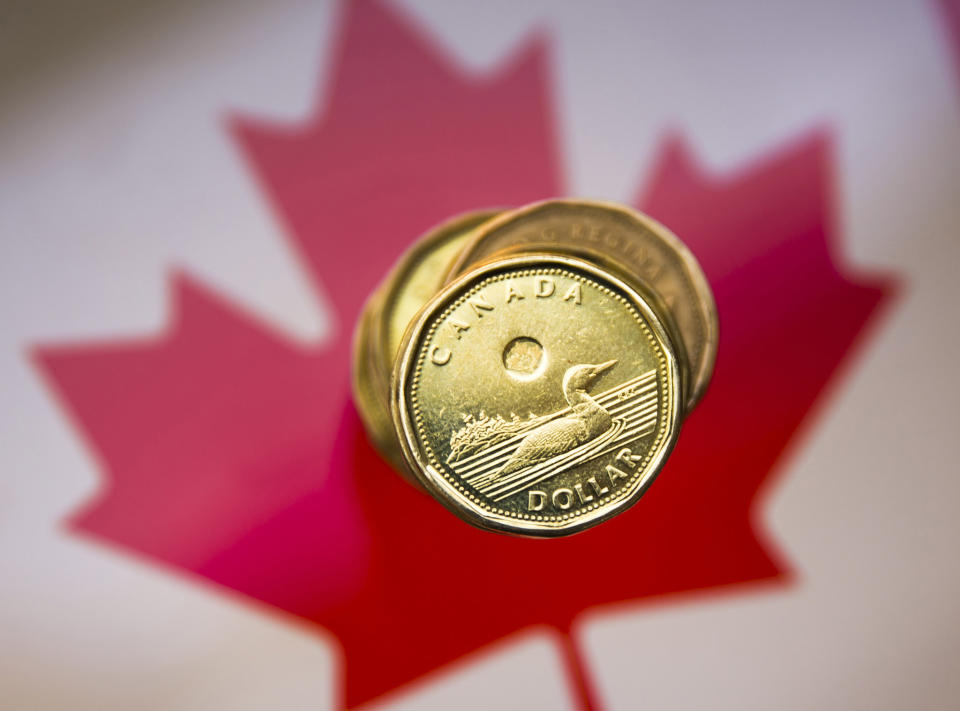Basic income to be given to 84,000 people in Canada

An estimated 84,000 people in the Canadian province of Quebec are to receive basic income from the start of next year, as part of the government's anti-poverty plan.
Quebec’s Premier Philippe Couillard made the announcement as part of his administration’s $3bn (£2.25bn) plans on Sunday, which aims to promote “economic inclusion”, CBCNews reported.
Those who qualify for basic income include those with a limited capacity to work, including people with physical and intellectual disabilities. It means their current financial support will increase by at least $73 (£54) per month.
The plan will see the annual income of those covered by the scheme increase from $12,749 (£9,538) to $18,029 (£13,496) by 2023, which meets the poverty threshold of $18,000, the Montreal Gazette reports.
The project, which largely targets single people, intends to bring some 100,000 people out of poverty by 2023, government officials told reporters.
Anti-poverty groups criticised the government’s plans, claiming they do not go far enough and that the offer of support should be unconditional.
Those denouncing the plans say it is divisive and will create two different classes of people who are in poverty; those who are rewarded when they are unable to work, and those who are constantly penalised.
Meanwhile, the government in Ontario is introducing basic income for 4,000 people. The programme is being trialled as an experiment to see if it improves the lives of people receiving benefits or on low incomes.
People who are unemployed or who earn less than $26,000 (£19,450) are eligible to take part in the areas of the province it is being trialled.

 Yahoo News
Yahoo News 